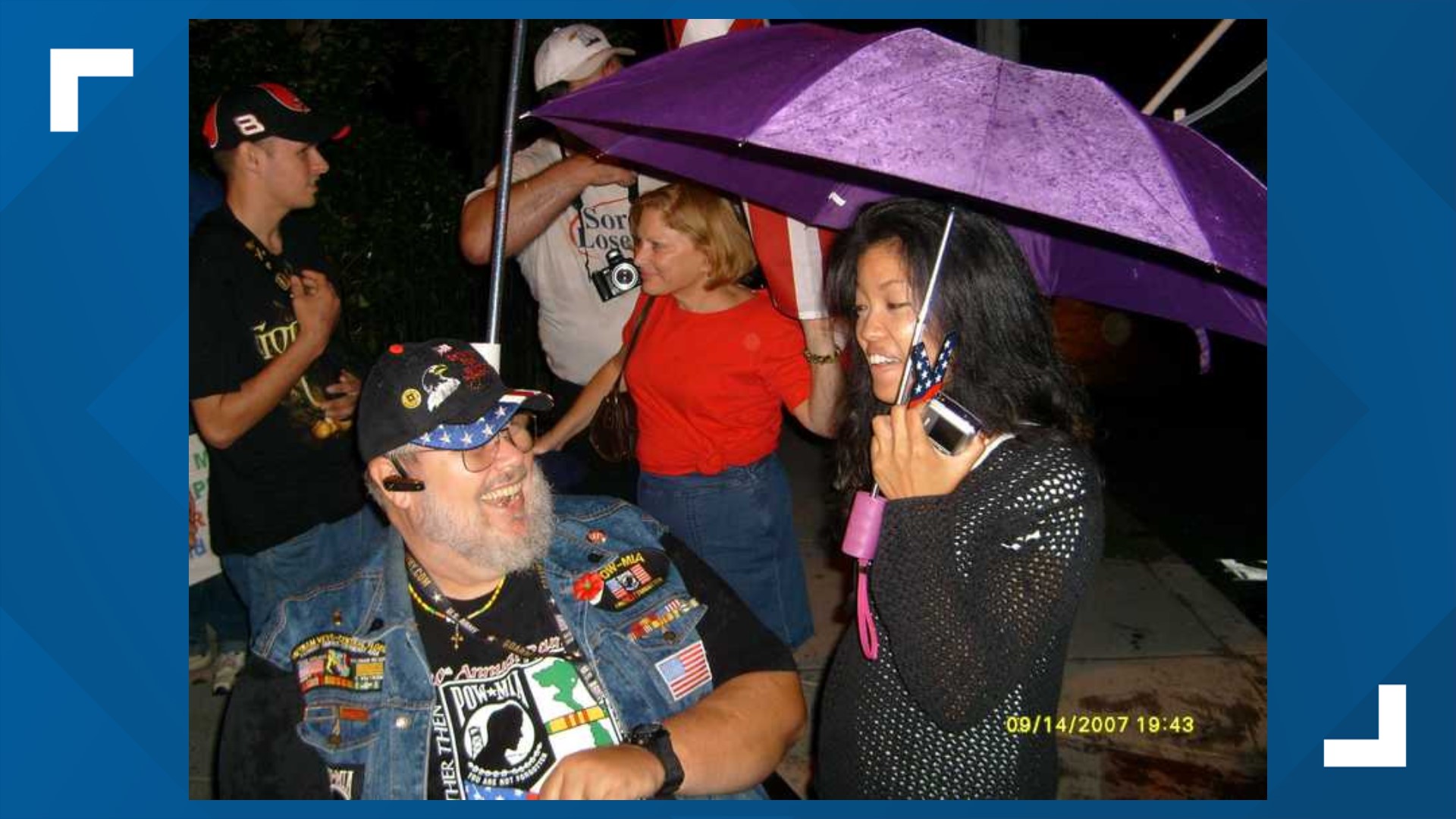TEMPLE, Texas — The phone rang three times before Richard Hall picked up his cell phone in Brooklyn, Connecticut. It's a small town 50 miles east of the capital of Hartford.
"Hello, Mr. Roy!" he said. "It's so good to hear from you."
Hall is a United States Army Veteran and a man of deep faith and conviction. He served in the Vietnam War and is happy to be alive to see yet another day that, he admits, wasn't promised to him a couple of dozen years ago.
You couldn't tell in those beginning moments on the phone that the bearded man on the other end of the line once was so hurt, angry and lost. That he almost took his life in February 2001.
"I had a .380 in my mouth and 3-1/2 pounds on a four-pound trigger," Hall said.
Hall was born on Tuesday, April 13, 1948 in Cranston, RI to Emerson and Hazel. He is the younger brother to Emerson, Jr., who is four years older.
A self-described short and dumpy kid, Richard was picked on a lot as a child until he grew nearly four inches in the summer of 1961. His parents both worked two jobs and instilled in him a work ethic that he put to use early. He landed his first job at just nine years old.
"I started working very young," he said "I was nine years old and took over my brother's TV Guide route when he couldn't do it anymore."

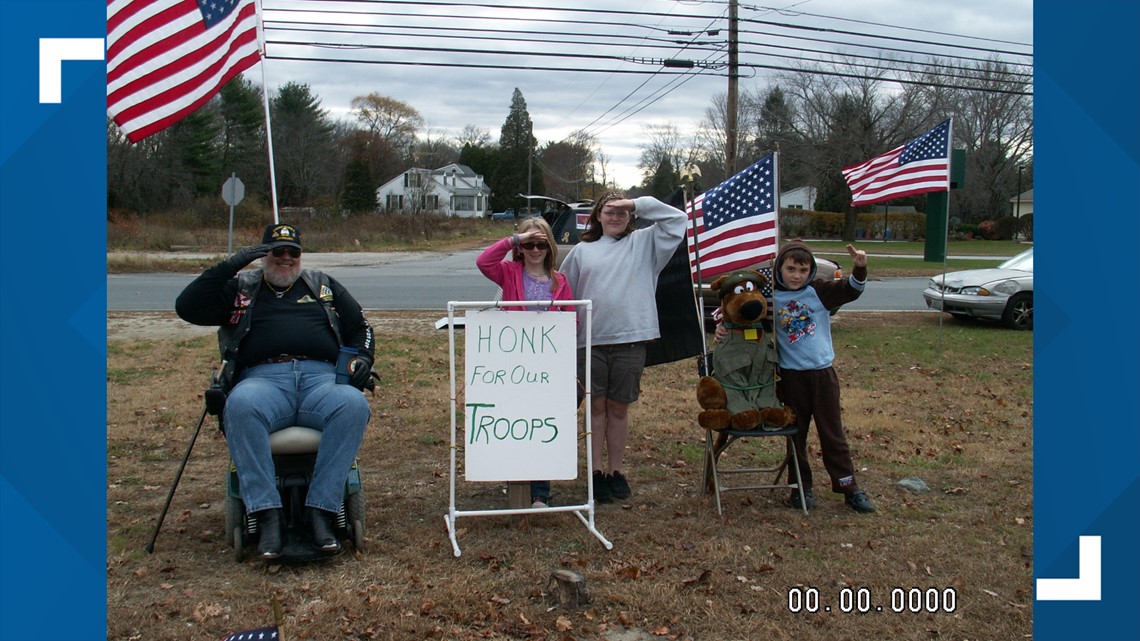
Richard rode his bike all over Coventry in 1950's America. He spun tire tread and peddled as far away as nearly a mile and a half most days and tried to grow the route every chance he could. He pocketed three cents for every 15-cent copy he sold.
"I rode everywhere I could on that bicycle," Hall said. "You can't do that these days but I really did it back then."
As he got older and stronger he used his size to his advantage. He excelled on the football field as a two-way player on the offensive and defensive lines. He also dominated in the classroom as school, he said, came easy to him.
"I never had to do homework," he said. "But I quickly learned that the independent attitude I had acquired through working and being on my own. That didn't translate well in high school and I was held back in 9th grade."

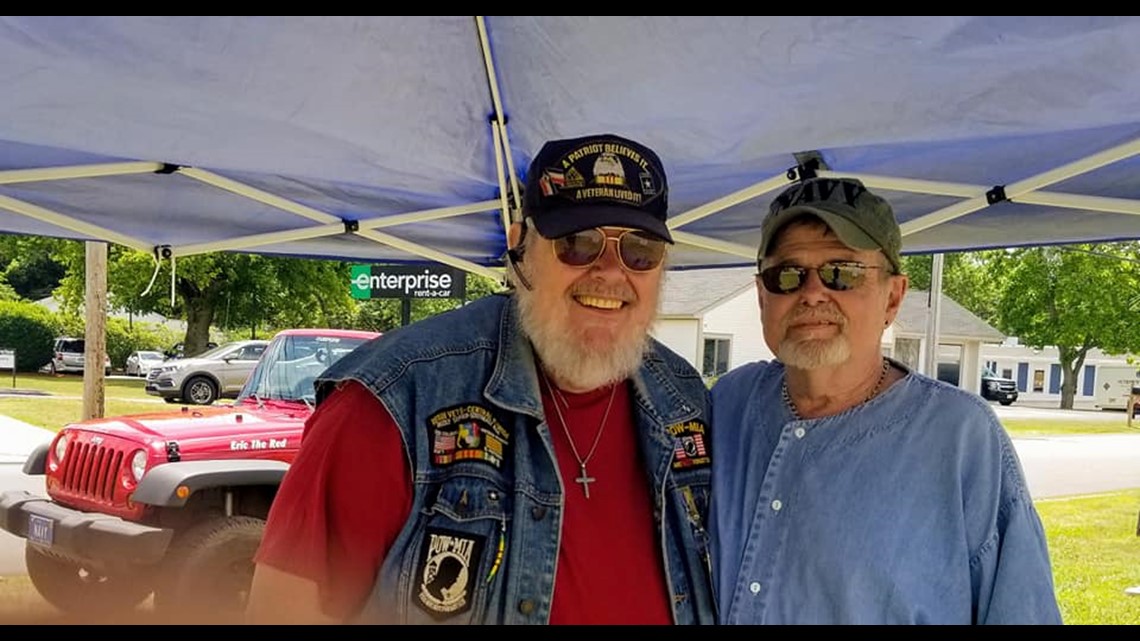
As easy as success in the classroom came, Hall never graduated from high school. He dropped out three months before graduation over a dispute with the administration and an English teacher who wouldn't pass him because he didn't turn in his homework. This was an issue he never encountered in previous classes before.
"My teacher based everything on homework and since I didn't turn any in, that was a problem," he explained. "I tried to get transferred out to another class but the Principal denied it. So, in my stubbornness and pride, I quit."
Richard said the biggest thing he learned in high school was what he learned on the football field, teamwork.
It was a lesson put to the physical test every cold Friday night in Rhode Island and it's also where his closest friends came from, many of whom went to Vietnam to fight in the war while he stayed home to finish school.
"That grade I stayed back, it may have saved my life because my best friends advanced a year when I stayed back," he said. "I lost several good friends in Vietnam, and one I played football with stepped on a mine and lost both of his legs."
Richard said the pain of losing his friends in the Vietnam War instilled in him a desire to join the military and get to the war-torn country as fast as possible to distribute some justice in the name of those he'd lost at the hands of war., John Wayne style.
"I was just gung-ho," he said. "I wanted to go over there and get my payback. So I went down to enlist in the Marine Corps so I could get into the fight, but it didn't work out how I planned."
Richard failed his physical and he was shocked. He was in excellent shape, played high school football and couldn't wrap his mind around what had gone wrong.
"Chronic Bronchitis," he said. "I was absolutely devastated. I tried to enlist for two more years but couldn't pass the test. So, I finally bought my dream car in 1969 and married my high school sweetheart in October. As fate would have it, in November that year, I got my greetings."

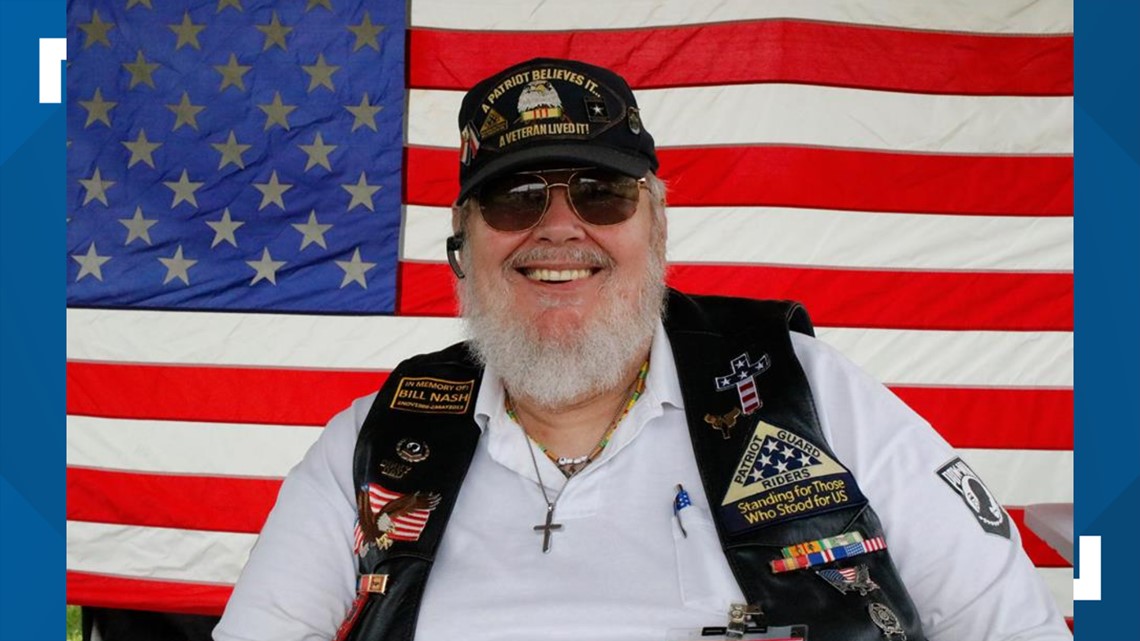
Richard said his family helped to convince him to not enlist with the Infantry, a decision he talks about now as one that haunts him.
"I enlisted in the U.S. Army in November of 1969 and qualified for a great electronics school," he said. "I took Basic Training at Fort Dix in New Jersey and qualified as an expert in both hand grenades and with an M-16."
After a 30 day leave, he deployed to Vietnam in 1970. As he ascended into Bien Hoa, he noticed the craters caused by enemy artillery that dotted the landscape. His original orders to report to Vung Tao were later scrapped and instead he was assigned to Radio Site Octopus, the largest communications center in South Vietnam, located on the Tan Son Nhut Airbase on the outskirts of Saigon.
"My family prayers had been answers and I found myself right in the middle of the largest concentration of men and firepower in all of South Vietnam," he said. "But it wasn't what I wanted."
Richard said that rank came easy to him during his time in the Army but he was, in his words, unfulfilled after failing to follow his heart in November 1969 when he bypassed enlisting in the Infantry.

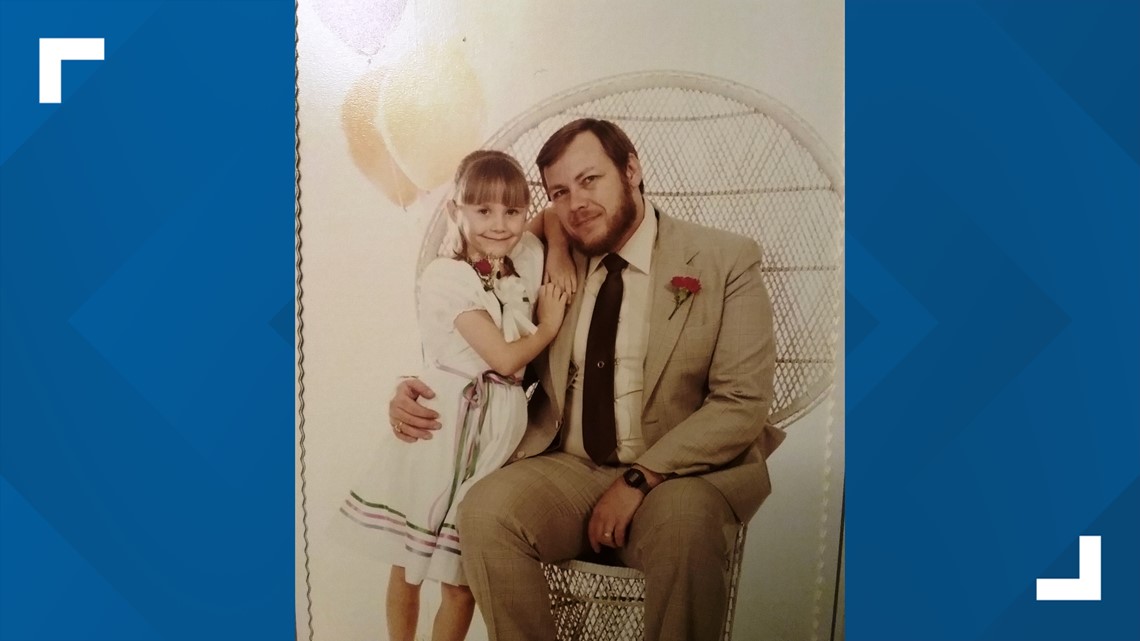
Not even in Vietnam a whole day, Richard said he experienced his first brush with a new realization when, in formation for the first time, he heard a very strange sound. That sound turned out to be 15 rockets streaming over their heads. One of which destroyed the terminal he had arrived in less than 12 hours before.
"That blast killed several soldiers and wounded several more," he said. "It was a total shock to the system."
The darkest day for Richard would come months later on a night when fate, he believes, intervened. He got ready to go downtown and to spend time with some of his buddies at one of the bars soldiers would regularly frequent, for a night of rest and relaxation with friends.
"At the last minute, I ended up getting pulled for guard duty," he said. "A Victor Charlie, a VC, rode by on a Honda and threw a satchel charge inside the bar. Two of my friends were killed and several others were wounded."
Hall said it only got worse from that moment for him. It came to a head when his best friend and mentor extended his tour voluntarily for just six more months and was immediately killed at his new assignment.
Hall knew then that his time was up and he wanted to come home and put all of what he'd seen and experienced behind him.
Richard's career in the military ended in 1972 but his emotional wounds from war lingered with him for years.
In the late 1970's he was diagnosed with post-traumatic stress disorder and survivor's guilt. For something to do, he started to reach out and help other Veterans around 1981.
It was through that time of help and volunteering that Hall began to understand the workings of PTSD and how he could help others who struggle to cope.
In 1999, Hall moved out of Rhode Island to Florida so he could help his parents. He wanted to start a business there at the local flea market to help subsidize his disability income.
"As long as I was staying busy, I was in a good place with my PTSD," Hall said. "However, after business slowed at the Market and I was no longer busy, everything came rushing back with a vengeance."
Disabled since 1985 and no longer able to stay busy, Hall's mind kept going back to Ton Son Nhut and South Vietnam, to the rockets overhead, the satchel charge and his best friend and mentor. His survivor's guilt from Vietnam, began to take over.

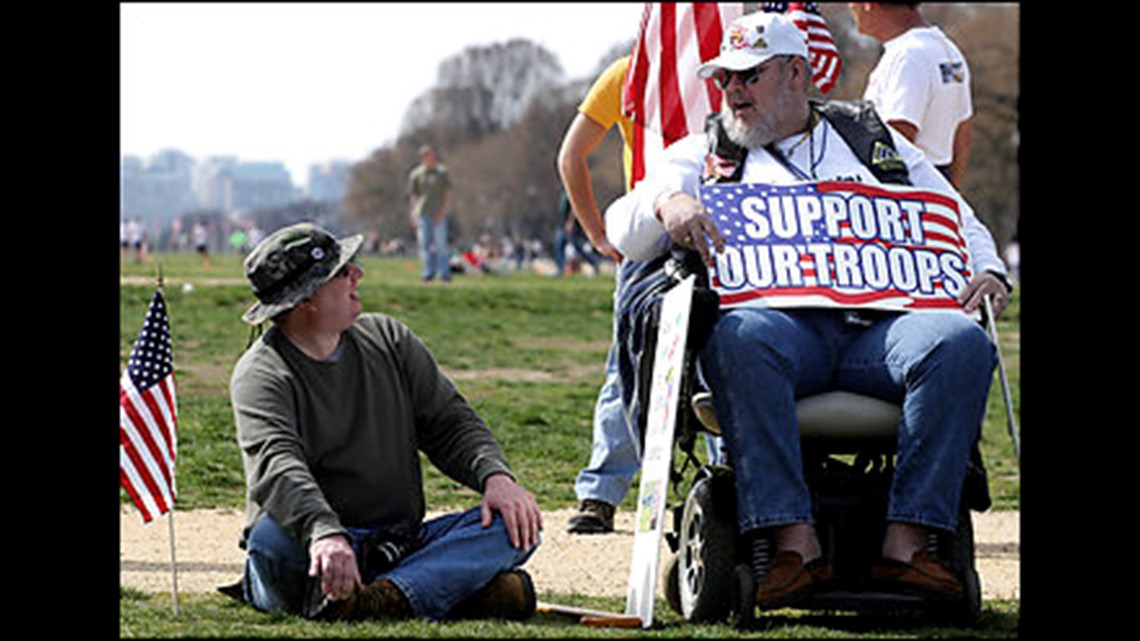
"I kept slipping deeper and deeper into the darkness until one day I found myself curled up in a fetal position in the corner of a totally dark room. It was then that I convinced myself that this world and everyone in it would be better off without me," Hall said.
He waited until February 2001 when he knew his brother and sister-in-law would be in Florida to visit so someone would be there to take care of his mom and dad.
"I wrote a letter to my daughter and sat down and proceeded to ingest 20 Vicodin and 20 muscle relaxers, then washed them down with the better part of a quart of 100 proof Southern Comfort," he said. "I really thought that would do it, but it didn't work."
For the next three days, Richard was sicker than he'd ever been but knew that once he felt better, he planned to succeed.
Time, as he recalls it, ran short and Emerson and his wife would soon leave town. He knew he needed to act fast.
"I drove to the local Holiday Inn, told them I was fumigating my house, and rented a room," he said. "I prepared myself when I got inside the room and sat down on the edge of the bed and I grabbed my .380 out of my bag."
Hall recalled that day in February 2001, mere days after he took Vicodin and muscle relaxers.
"I had a .380 in my mouth," he said. "And 3-1/2 pounds on a four-pound trigger."
It was at that moment, he said, that he called out to God in his mind to ak him for one last moment of clarity and for a reason to take the gun from his mouth to spare him.
"Almost immediately, almost immediately, I heard a voice," Hall said. "I heard it just as I am talking to you, saying that, 'You have a grandson you haven't met yet.'"
He instantly dropped the gun.

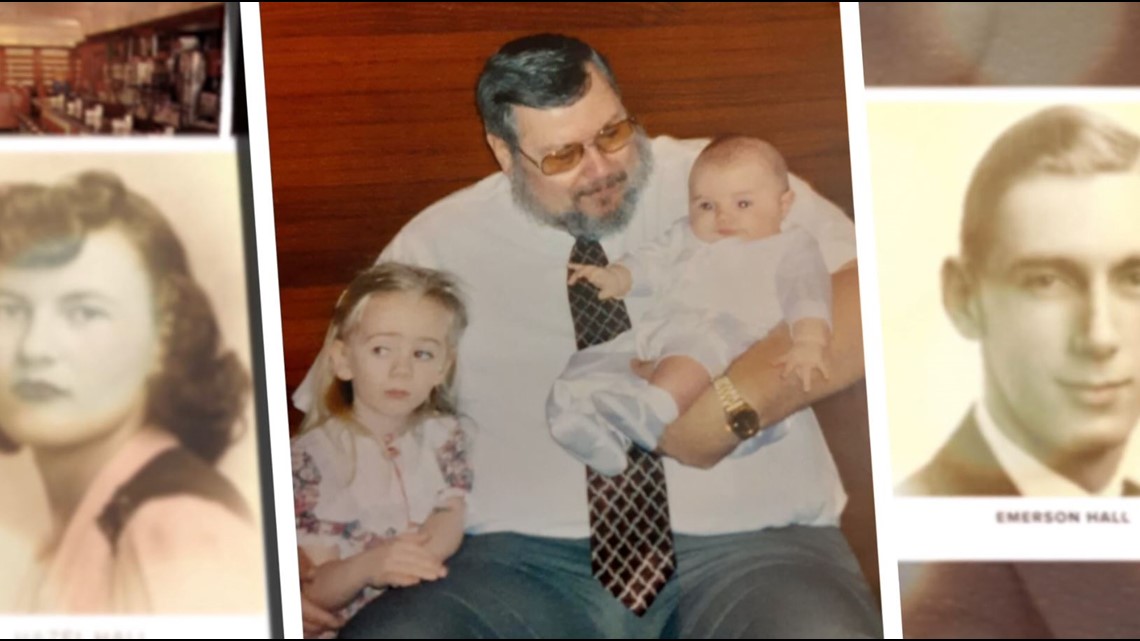
It's been 19 years since Hall dropped the gun at the Holiday Inn and he's never looked back. Three days later he was in Rhode Island to meet his new grandson, David.
"During the 20-hour drive back to my daughter after leaving the Holiday Inn I did a lot of thinking and praying and it was in that one instant, my entire life turned around for me because I simply did not give up on God and He did not give up on me," he said.
In August 2007, after his parents both passed away, Hall moved to Connecticut to be closer to his daughter. In March the following year, he began a weekly event called "Freedom Fridays," where he drove to the center of Brooklyn, CT and set up a flag display.
"I do it because I want to show others what patriotism looks like," he said. "And I want to garner support for our Troops who continue to put their lives on the line for us."
In 2008 Hall founded a National not-for-profit troop-support organization called Freedom Loving American Guardians (FLAG), with just a half a dozen people.
FLAG is a Christian-based organization that has dedicated itself to the country, troops, veterans and their families. The organization will do whatever is in their power to help.
FLAG has members in 15 states across the United States with several more pending.
Through the organization Hall also founded The Surviving War 22 Initiative (SW-22). A mission designed to help save the lives of suicidal veterans and active-duty personnel from the physical and emotional wounds of war.
As a PTSD suicide survivor, Hall said it's important for people to step up, if it's their calling to do so, and help where those who suffer from PTSD.
He wrote a book that was published in 2019 called "Mentoring: Saving Lives One Person at a Time," a step-by-step guide to recognizing, coaching and helping those who want to make a difference in the lives of those who often suffer in silence.

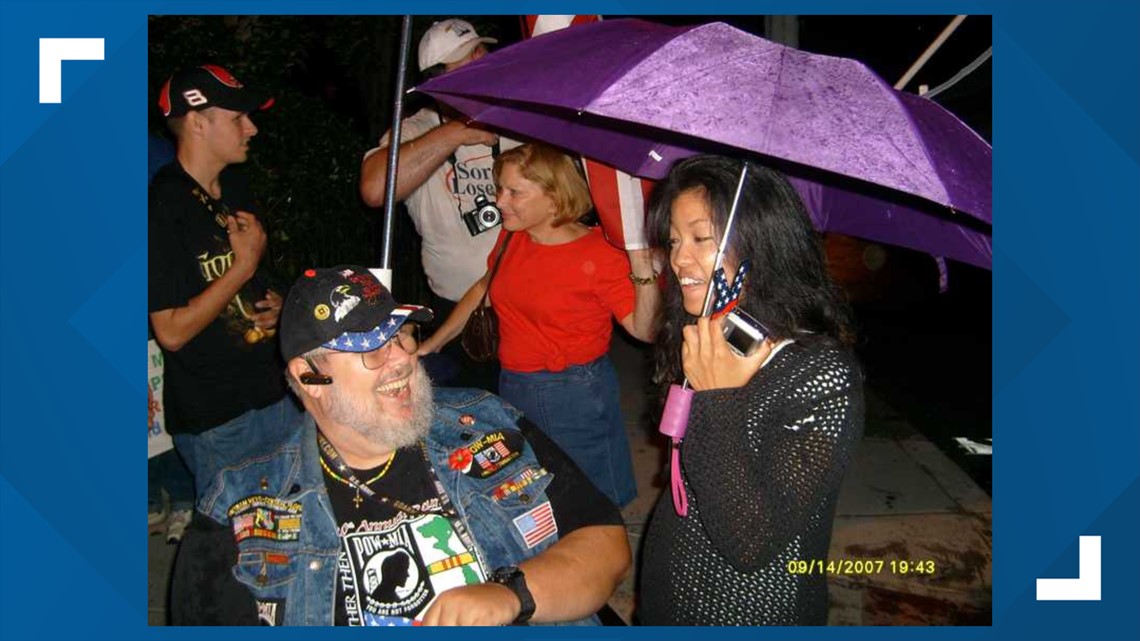
"PTSD never goes away There is no cure for PTSD," Hall said. "The only thing we can do is learn how to survive it and learn how to reprogram ourselves so it has less of an impact."
Richard said he will never forget that day in February 2001, but admits he doesn't want to. It took him decades to open up about that day but he hopes that the details of those darkest days help someone who suffers the same as he once did.
"Never give up," he said. "Never, ever give up. Life is too valuable."
--
If you or someone you know is struggling with PTSD and/or suicidal thoughts, Richard wants you to call him day or night, 24 hours a day, at (407)461-9568. You can also email him with any questions you may have or if you would like to become a volunteer.
More stories on KCENTV.com

